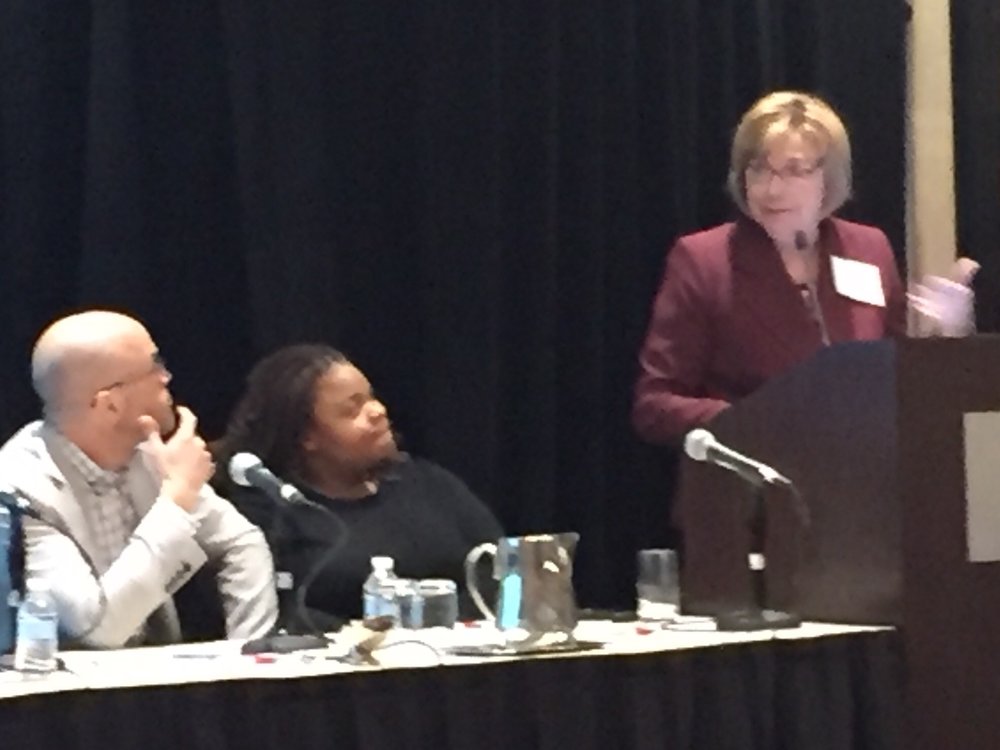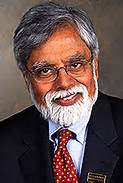
The Central Corridor Anchor Partnership (CCAP) is doubling the scope of its Central Corridor College (C3) Fellows program just as partners have learned that the Partnership has met and surpassed a key goal, to increase the hiring of local Corridor residents 5% by 2017. Joining the ranks of the two inaugural C3 Fellows institutions—Minneapolis Technical & Community College and Saint Paul College—are Augsburg, St. Catherine University, and Metropolitan State University.
The Partnership initiated the C3 Fellows Program in 2013 as a key strategy to create a more diverse and local healthcare workforce, and provide college students improved access to relevant work experience. Since 2013, the C3 Fellows Program enrolled 411 community college students and placed 132 of these students in part-time positions in health care. C3 Fellows were 72% low-income; 75% female; 68% students of color; and 34% first-generation college students. Fellows earned an average wage of $14.44 per hour, and had an overall academic success rate (calculated by combining data on retention, transfer, and graduation) that was 10% above their peers.
Growing a local workforce

Laura Beeth, Fairview's System Director for Talent Acquisition
CCAP is committed to achieving a workforce among anchor institutions that is more representative of local communities along the Central Corridor in order to contribute to better local health outcomes, improved educational achievement, and increased household incomes. declared that we wanted to boost the percentage of employees who live in our nearby zip codes from 13% to 18% by 2017. Recent data collected from partners confirmed that the Partnership met and surpassed this goal – hitting 19.5% in 2015.
While this initiative has multiple benefits for students, employers also believe that C3 Fellows will be a strong source for local, reliable employees who serve important interests in longer-term retention, institutional loyalty, and reduced recruitment costs. Laura Beeth, Fairview’s System Director for Talent Acquisition, believes that the C3 Fellows program contributed directly and also in a significant indirect way to achieving the local workforce objective. “I know that as we work on C3 Fellows, Scrubs Camp and other initiatives to grow a more local and diverse workforce, these values become increasingly imbedded in our leadership culture and reflected in all we do to grow our workforce.”
Model of Partnership

The McKnight Foundation and the Central Corridor Funders Collaborative were key initial investors in C3Devinder Malhotra, President, Metropolitan State University Fellows. Both employer and college partners have committed to funding the C3 Fellows program and thereby decrease the level of dependence on foundations.
Support from the three new colleges was prompt and enthusiastic. “This is a great investment in opportunities for our students,” noted Augsburg College’s President Paul Pribbenow. “And we see great value in our relationship with employers and the community.” President of Metropolitan State University, Devinder Malhotra, concurred. “We see a critical need to position our students for career success,” he explained. “We are grateful for this partnership opportunity to strengthen what we can offer by cooperating with health care employers.”
“The beauty of C3 Fellows is that we are accomplishing something powerful together that none of the partners would or could do alone,” reflected Michael Christenson, Associate Vice President at MCTC. “That is the key to effective partnerships.”




